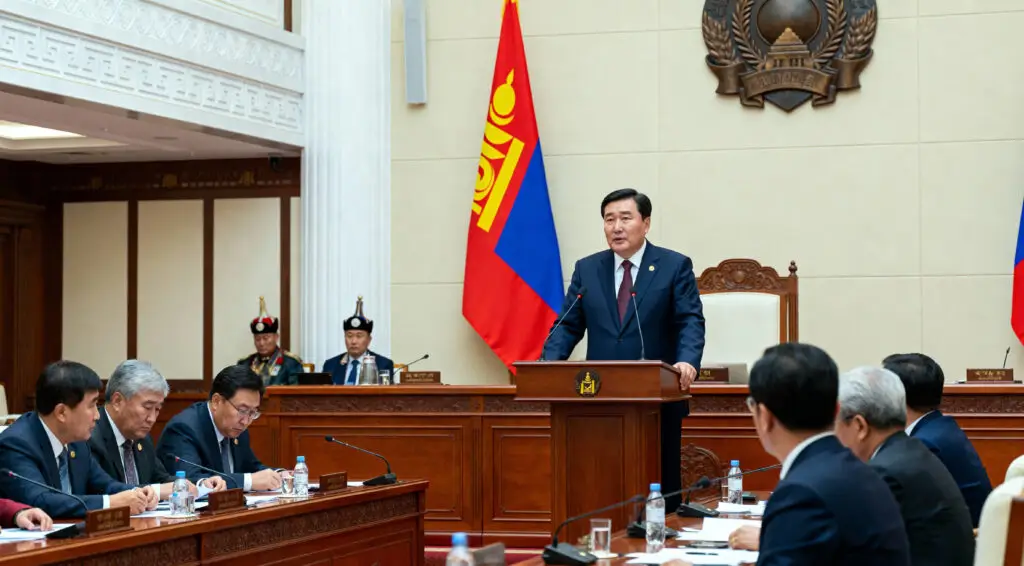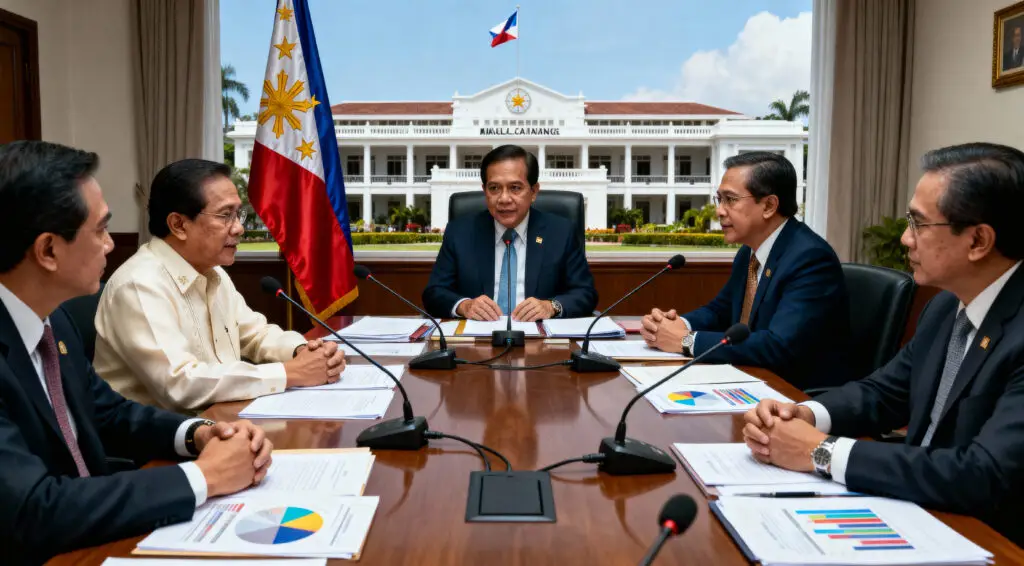President’s Veto Deepens Political Turmoil
Mongolia’s President Ukhnaa Khurelsukh vetoed parliament’s vote to dismiss Prime Minister Gombojav Zandanshatar, escalating the political crisis. The veto, issued just three days after the vote, has intensified divisions within the ruling party. The president argued that the motion violated constitutional procedures, rendering it invalid. This decision has plunged Mongolia into a new phase of political uncertainty.

Constitutional Grounds for the Veto
Khurelsukh’s office announced that the parliamentary session lacked a quorum, making the resolution unlawful. He emphasized that such procedural breaches undermine the rule of law and democratic integrity. The Constitutional Court is now set to deliberate on the validity of the veto and parliament’s authority. Observers suggest that this ruling could redefine the balance of power in Mongolian politics.
Internal Conflict Within the Ruling Party
The rift within the Mongolian People’s Party continues to widen following months of leadership disputes. Zandanshatar lost a recent party election to Amarbayasgalan Dashzegve, who later resigned amid corruption allegations. The succession crisis has left the party fragmented and directionless at a critical economic moment. Analysts fear that prolonged instability could further weaken policy execution and governance.
Public Discontent and Economic Strain
Growing public frustration adds another layer of pressure to Mongolia’s political turmoil. Despite vast natural resources, citizens remain dissatisfied with high inflation and unemployment. Protests have erupted across Ulaanbaatar, demanding government accountability and transparency. The ongoing crisis risks stalling foreign investment and economic recovery efforts.
Controversial Mineral Policy Shift
Prime Minister Zandanshatar’s decision to revise Mongolia’s mineral export policies triggered significant backlash. His proposal ties royalties to domestic stock prices rather than international benchmarks. Critics argue that this change could slash government revenue and deter investors from mining projects. The controversy has fueled calls for parliamentary oversight and economic reform.
A Pattern of Political Instability
This marks Mongolia’s second major leadership crisis in less than a year, following Oyun-Erdene’s ouster in June. The rapid succession of leadership changes has eroded trust in the ruling party’s governance capabilities. Frequent disruptions have hampered policy continuity and delayed essential economic legislation. As a result, both citizens and foreign partners are calling for stronger institutional accountability.
Legal Review Underway
The Constitutional Court’s upcoming decision will determine whether the veto was constitutionally valid. Legal experts believe the outcome could set a precedent for future executive-legislative conflicts. Parliament’s response will be critical in shaping Mongolia’s next steps toward political normalization. The international community continues to monitor developments closely as tensions rise.
Outlook for Mongolia’s Stability
Analysts warn that continued political infighting could destabilize Mongolia’s fragile economy. Prolonged uncertainty may deter investors and delay planned reforms in resource management. Restoring confidence will require strong leadership and transparent governance from all branches of government. Until stability returns, Mongolia’s growth prospects remain under significant pressure.























